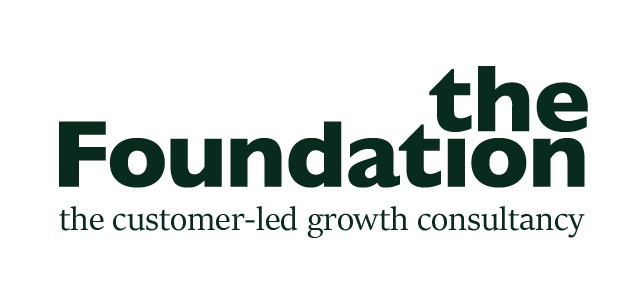The Pioneer interview with...Mark Evans
Mark is MD for Marketing & Digital at Direct Line Group. A Fellow of both the Marketing Society and Marketing Academy, Mark won the Financial Services Forum Marketer of the Year in 2015, the Marketing Society Leader of the Year in 2018, and has been recognised in Campaign's Power 100 Hall of Fame.
What made you care about diversity and inclusion in the first place?
Three very different influences. First, rugby. I learned early on that the success of a rugby team lies in people of all shapes and sizes working together and being stronger because of their differences. It taught me that diversity drives performance. Second, I have a daughter who is dyslexic, which has made me aware of how neurodiversity can be disabling because it is rarely understood and catered for. And third, being a marketer, which is all about understanding the diversity of customers’ needs and wants, and finding ways to communicate and innovate that will connect with them.
What does it take to pioneer on behalf of diverse customers?
Curiosity and open-mindedness to ‘difference’, so that you have a desire to look for and value diversity. Passion, which comes from a commitment to social justice borne out of empathy and compassion. And hard-headedness and tenacity, so you have the drive to see the change through and make it stick.
Can you share some recent examples of work where you or Direct Line are pioneering on behalf of diverse customers?
I am proud of work we are doing with Plain Numbers around low numeracy, which affects 20 million people in the UK. If people don’t understand the numbers involved in insurance, such as how excesses work, they might buy a product that they can’t actually afford to use. So, simplifying our products and how we communicate is essential. Low numeracy impacts inclusion and equity because it disproportionately affects vulnerable customers, who tend to be overrepresented among ethnic minorities, older, disabled, or less affluent people. This helpfully illustrates that inclusion is not just a ‘minority’ issue exclusively related to people with ‘protected characteristics’.
How do you keep pioneering for diverse customers and fight the gravitational pull towards the mainstream?
Sometimes pioneering does not mean being ‘first’ or being ‘unique’. Yes, you need to be brave to be first. But you also have to be brave to be second, because it is the second, the follower, who gives legitimacy to the first, and turns idiosyncrasy into the beginnings of a movement. I don’t mind being a follower. All I care about is being clear, deliberate, committed, and relentlessly focussed on inclusion, even when it is less in the limelight. There is no silver bullet. Pioneering is about dedication over the long run.
Given how diverse ‘diverse’ audiences are, how do you prioritise?
The work on numeracy is a good example: you focus on where you can make a real difference both for diverse customers and for the business. What are the unmet needs? Where do we have permission and capacity? Where could we be more helpful? So essentially, it is about ‘enlightened self-interest’. We recognise that it is in our long-term commercial interest, and obviously in the interests of customers in all their diversity, to meet their needs.
How do you embed this in your ways of working?
It helps to have diverse teams. The CEO and Chair of Direct Line are both women, as are 43% of the broader leadership team. Having greater gender balance tends to lead to more enlightened conversations in all aspects of diversity for both employees and customers. It also helps to create momentum if you have a clear mission, vision and set of values that everyone can align with and live by. Our vision is to create a world where insurance is personal, inclusive and a force for good. Operationally, we have reorganised some aspects of the business in more agile ways to support inclusive innovation. I would say that this is still work in progress. There is a lot to ‘displace’ and undo. It’s like creating new neurological pathways: they have to be established and reinforced over time, through repetition.
Who do you think is truly pioneering for diverse customers now?
Pip Jamieson, Founder and CEO of The Dots, because she has turned her dyslexia into a superpower. She excels not ‘despite’ but ‘because’ of her neurodiversity. I love that her email signature says ‘delightfully dyslexic’. Also Magnus Djaba, Global President of Saatchi & Saatchi. Magnus speaks so powerfully on the subject and has used his leadership of the Marketing Group of Great Britain as a platform to shine a light on a broad range of diversity issues. And, of course, Channel 4. They are the shining example. They exist to champion new voices and they do it brilliantly. They are the clear leaders as a brand in this space.

